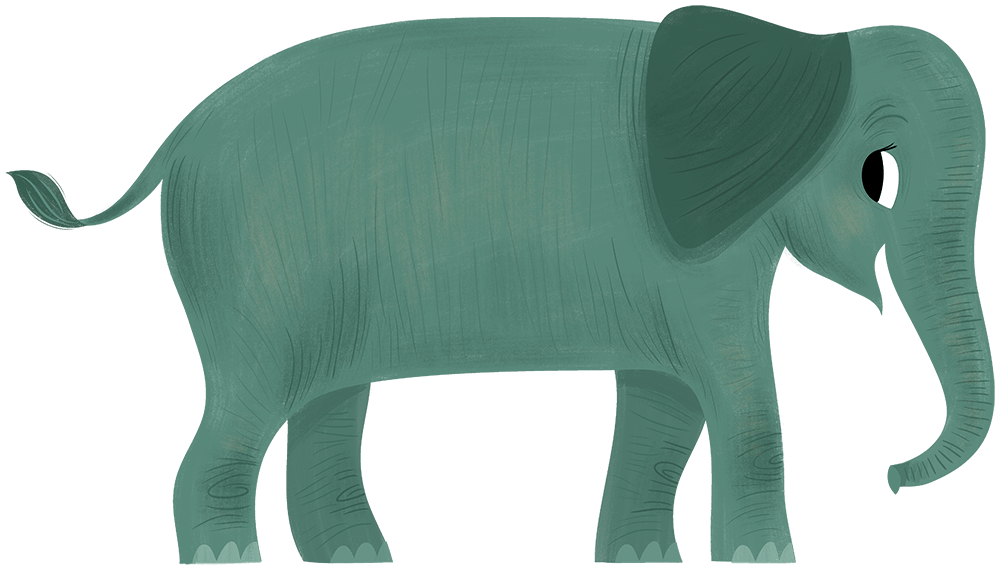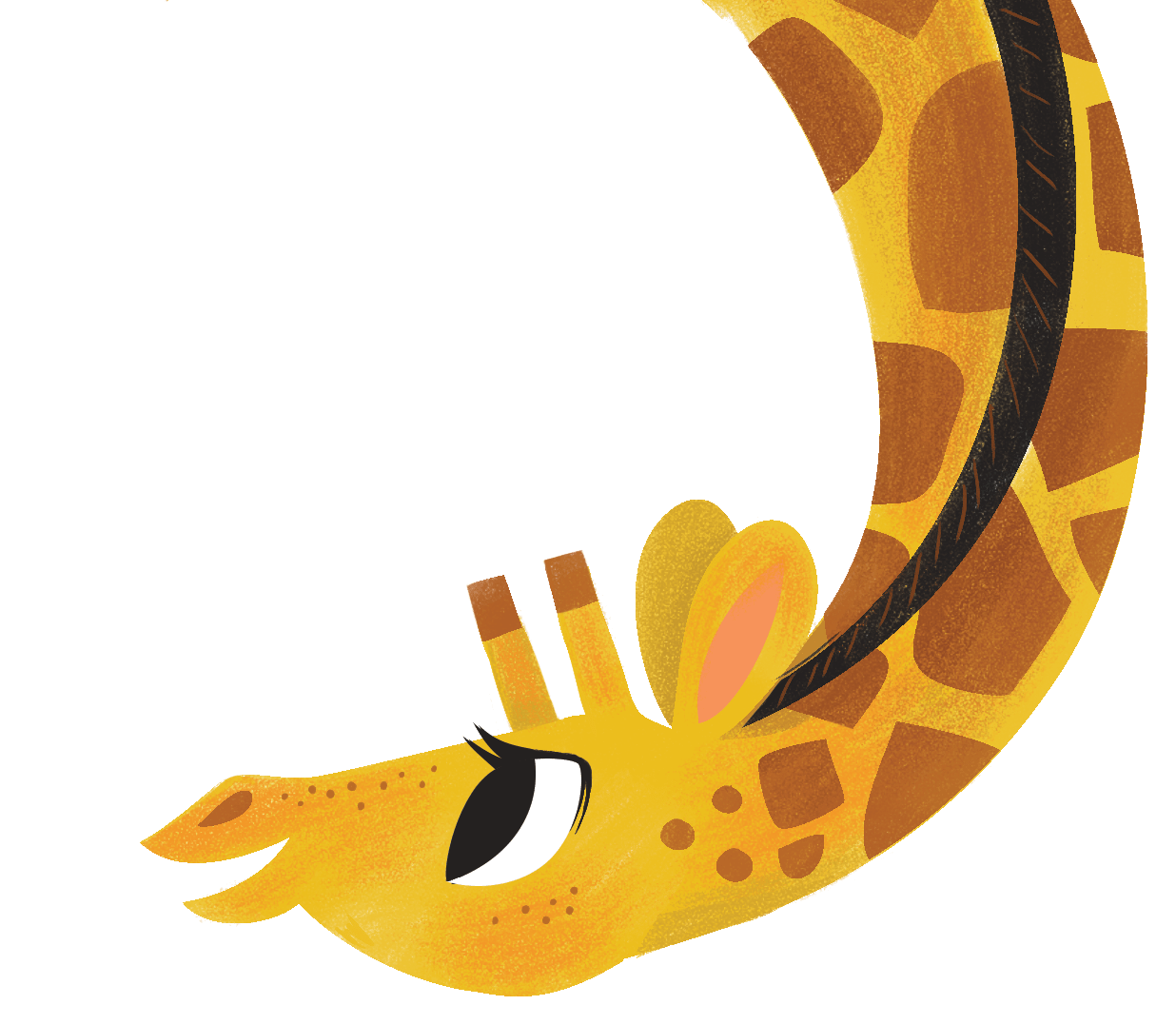 I remember the first time I heard from a mom who had kids adopted from Ethiopia. Sandra Snook lived in Chicago in those days, and she was headed for Montana on vacation with a van full of her children–and she asked if she could stop in North Dakota so they could meet the author of Fire on the Mountain. I can remember the chemical smell of swimming pool at the hotel where we sat and talked about adoption, about kids, about books, about hanging onto dreams when disaster strikes. That’s the story of the boy in Fire on the Mountain. That’s the story of many families in Ethiopia who find themselves unable, these days, to take care of their precious youngsters. And it’s the story of those youngsters, off-balance, vulnerable, sad. I still have the letter from the family whose child took Fire on the Mountain to bed with him for months after he arrived from Ethiopia.
I remember the first time I heard from a mom who had kids adopted from Ethiopia. Sandra Snook lived in Chicago in those days, and she was headed for Montana on vacation with a van full of her children–and she asked if she could stop in North Dakota so they could meet the author of Fire on the Mountain. I can remember the chemical smell of swimming pool at the hotel where we sat and talked about adoption, about kids, about books, about hanging onto dreams when disaster strikes. That’s the story of the boy in Fire on the Mountain. That’s the story of many families in Ethiopia who find themselves unable, these days, to take care of their precious youngsters. And it’s the story of those youngsters, off-balance, vulnerable, sad. I still have the letter from the family whose child took Fire on the Mountain to bed with him for months after he arrived from Ethiopia.
An Ethiopian family is a warm and wonderful spot for a new baby to land. People who live in the villages of Ethiopia don’t shape their lives around stuff…and they aren’t secretly checking their smart phones while they’re rocking the baby. Every time a baby looks up, there’s a crowd: parents and grandparents and aunts and uncles and cousins and close family friends. By the time the baby is a youngster, many people are happy to speak up if they spot misbehavior. (The Ethiopian adults around me were forever slapping my hands to make me drop lizards and frogs I was carrying around.) That crowd also says, “You belong with us.”
In Ethiopia, people are knit together in complicated and strong relationships that often go back for hundreds of generations (which is bad news if a person’s ancestors ran up bad blood with someone else’s ancestors) . The web is a tight one, often full of love and care.
. The web is a tight one, often full of love and care.
When I was working on Lanie’s stories, I knew she needed a mentor. She had whispered to me that she was born with outside genes–stuck in a family that had inside genes. I saw she was going to need someone to help her get outside even if it was only into her own back yard.
My editor and I talked about several different possibilities. Should it be a grandfather? A gardener who loved to take care of the family lawn? A friend of Lanie’s big sister?
 No, I finally decided. It would be an aunt.
No, I finally decided. It would be an aunt.
An aunt with a camper and a dream of her own.
As my granddaughter knows, aunts read to you. Aunts act out stories with you. Aunts are silly with you. If you’re Lanie, aunts dig in the dirt with you and say, “Did you know there’s such a thing as a state DIRT?” and teach you to listen to the language of birds and understand the journeys of butterflies.
The adult world can be a mysterious one–and a tough one–for a child to enter. Aunts and uncles and grandparents can offer the secret keys, including books and stories and music.
 Sometimes the family we are born into can’t be around to help us grow up. When I was a child in Ethiopia, we called the other Americans around us “aunt” and “uncle,” which worked nicely for giving a deep sense of community and connection to those of us who were kids growing up far from blood family.
Sometimes the family we are born into can’t be around to help us grow up. When I was a child in Ethiopia, we called the other Americans around us “aunt” and “uncle,” which worked nicely for giving a deep sense of community and connection to those of us who were kids growing up far from blood family.
Those aunts and uncles went on picnics with us and created guava jam and other delicacies my mom wouldn’t try. One of my adopted uncles played the piano and sang Two Bright Eyes for me, a moment where I got to be just me and not one of a hoard of sisters. Another adopted uncle greeted us in Maji with a big smile and “Happy day!”
Sometimes the tangled ties that bind us to our own blood family get too tangled or go off in wild directions or get damaged or snipped. This month, celebrate everyone who wraps you in a hug of family, everyone who is tender and warm and accepts you and feeds you and helps you crawl along when you can barely stand up, whether they share your genes or not. Celebrate your heritage.
 One of the most moving things to me about the families who are adopting
One of the most moving things to me about the families who are adopting![donkey2010+013[1]](https://janekurtz.files.wordpress.com/2010/11/donkey20100131.jpg?w=300) from Ethiopia is that they are so committed to helping their children embrace the heritage of the country where they were born. Many of them are also trying to figure out how to help create a world where families in Ethiopia will have resources to give food and water and medicine and education to the country’s children. One of the latest powerful starfish throwers in my life is the mom on the left whose daughter’s school created the donkey on the right to raise money so that children in Ethiopia will have books.
from Ethiopia is that they are so committed to helping their children embrace the heritage of the country where they were born. Many of them are also trying to figure out how to help create a world where families in Ethiopia will have resources to give food and water and medicine and education to the country’s children. One of the latest powerful starfish throwers in my life is the mom on the left whose daughter’s school created the donkey on the right to raise money so that children in Ethiopia will have books.
With books come knowledge and resourcefulness and hope…and solutions for the future. May all of our families be places where reading and stories are celebrated and passed on.



1 thought on “National adoption month + Ethiopia”
Aw. Love.